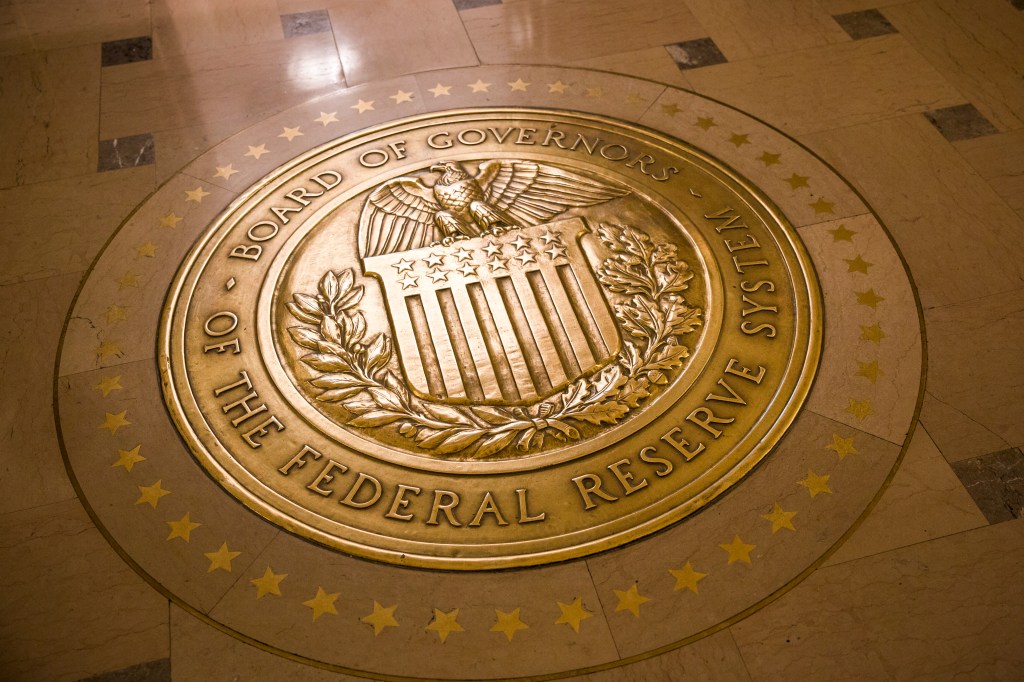Silvergate Capital, formerly one of the top banks serving crypto companies, has agreed to pay $63m to federal and state regulators to resolve investigations into alleged deficiencies in its anti-money-laundering program.
Silvergate agreed to settle claims by the Federal Reserve and California’s Department of Financial Protection & Innovation without admitting or denying the allegations, settling on financial penalties of $43m to the Fed and $20m to the California agency. The SEC also took enforcement action against Silvergate and three of its former officers.
The bank wound down last year after a panic spread across the crypto market and led to a run on its deposits. The run was almost inevitable as the failed crypto exchange FTX, whose founder Sam Bankman-Fried was convicted of fraud, was one of Silvergate’s biggest customers.
This resolution marks the end of the bank’s ongoing efforts to wind down operations following FTX’s collapse and will facilitate the surrender of Silvergate’s bank charter.
The SEC’s claims
The SEC said in its complaint that from November 2022 to January 2023, Silvergate, Lane, and Fraher misled investors in stating that Silvergate had an effective BSA/AML compliance program and conducted ongoing monitoring of its high-risk crypto customers, including FTX, in part to rebut public speculation that FTX had used its accounts at Silvergate to facilitate FTX’s misconduct.
In reality, the SEC alleged, Silvergate’s automated transaction monitoring system failed to monitor more than $1 trillion of transactions by its customers on the bank’s payments platform, the Silvergate Exchange Network. Because of those deficiencies, Silvergate allegedly failed to detect nearly $9 billion in suspicious transfers among FTX and its related entities. Silvergate’s stock eventually cratered, leading to losses in the billions of dollars in market value for investors.
“Rather than coming clean to investors about serious deficiencies in its compliance programs in the wake of the collapse of FTX … they doubled down in a way that misled investors about the soundness of the programs.”
Gurbir Grewal, Director, SEC Enforcement Division
The agency also said the lender would pay $50m to settle claims of negligence-based fraud for misleading investors about its compliance, although that amount could be offset by other penalties, according to the SEC.
“Rather than coming clean to investors about serious deficiencies in its compliance programs in the wake of the collapse of FTX, one of Silvergate’s largest banking customers, they doubled down in a way that misled investors about the soundness of the programs,” said Gurbir Grewal, head of the SEC’s enforcement unit, about the settlement. He was restating a key theme of his and the SEC’s that companies could fare much better in SEC actions if they self-report misconduct and compliance program failures in a timely fashion.
The SEC’s complaint also alleges that Silvergate and Antonio Martino, the lender’s former chief financial officer, misrepresented the company’s bleak financial condition during a liquidity crisis and bank run following FTX’s collapse.
The complaints says that Silvergate and Martino, in an earnings release and earnings call, understated Silvergate’s losses from expected security sales and misrepresented that it remained well-capitalized as of December 31, 2022. Despite its upbeat messaging to close out the year, in March 2023, Silvergate announced it would wind down its banking operations, and its stock eventually plummeted to near $0.
Executives settling or fighting on
The SEC also settled with former Silvergate Chief Executive Officer Alan J Lane and former Chief Operating Officer Kathleen Fraher for $1m and $250,000, respectively, subject to court approval. Lane also accepted a five-year bar on serving as an officer or director of a public company.
The collapse of the FTX exchange precipitated a liquidity crunch as Silvergate investors and clients rushed to sever ties with it.
The SEC’s complaint also alleged that Martino and the bank understated losses and misrepresented that it remained well-capitalized at the end of 2022.
Martino denied the agency’s claims in an emailed statement to Bloomberg. The SEC’s allegations concern a technical accounting treatment for one quarter in 2022 that is also highly subjective to business judgment, according to the statement. “Mr. Martino acted reasonably and in good faith throughout his time at Silvergate. He denies any wrongdoing and intends to challenge the SEC’s claims in court,” his attorney, Adam Lurie, a partner at Linklaters, said.
The FTX meltdown
Silvergate built a banking niche for itself, operating one of the few payments systems that allowed investors and digital asset companies to convert US dollar deposits into digital assets, serving as a key infrastructure to digital-asset exchanges.
The collapse of the FTX exchange, one of the world’s largest crypto trading platform, precipitated a liquidity crunch as Silvergate investors and clients rushed to sever ties with it.
The Fed said in its press release about the resolution that the company has now paid all deposits back to its customers.

















